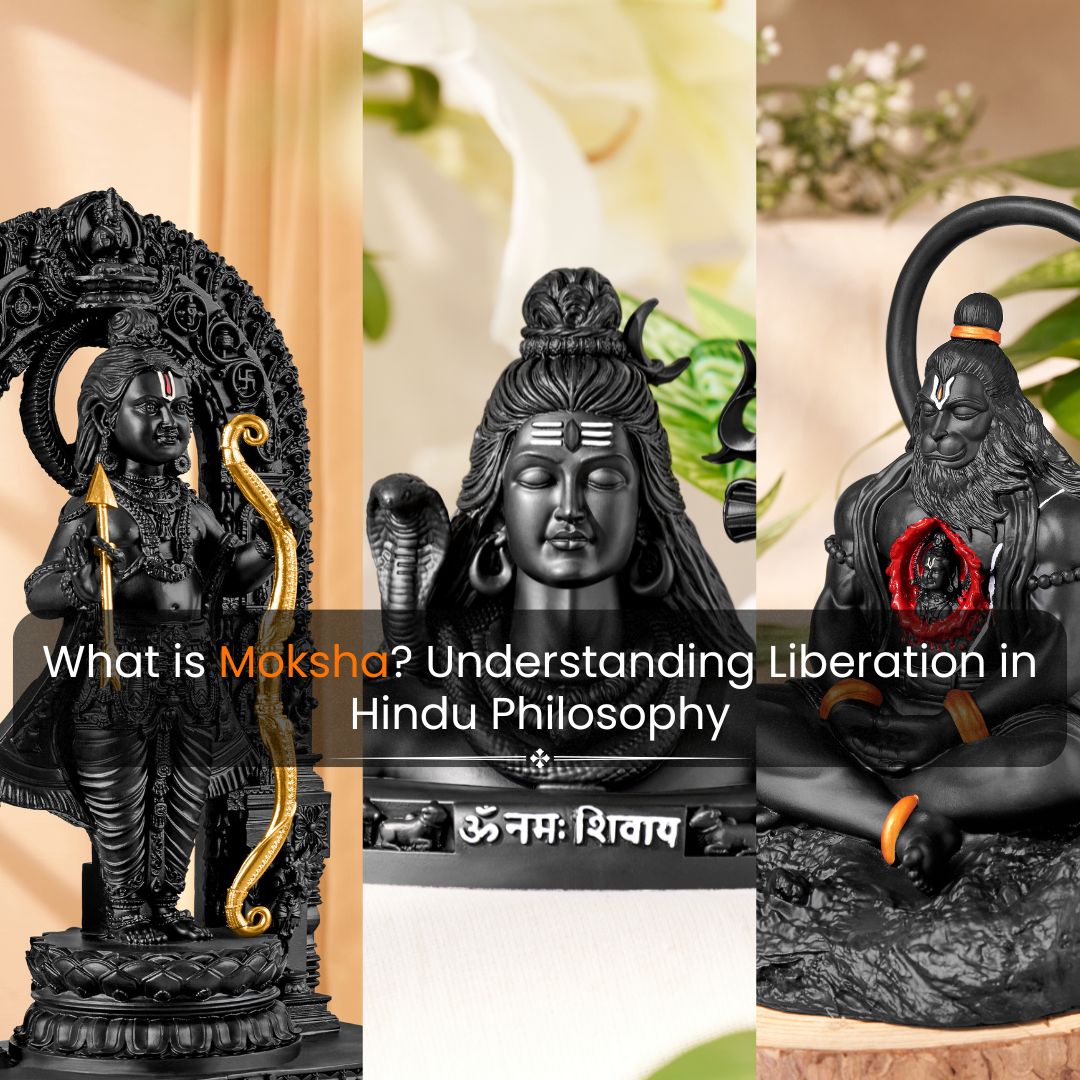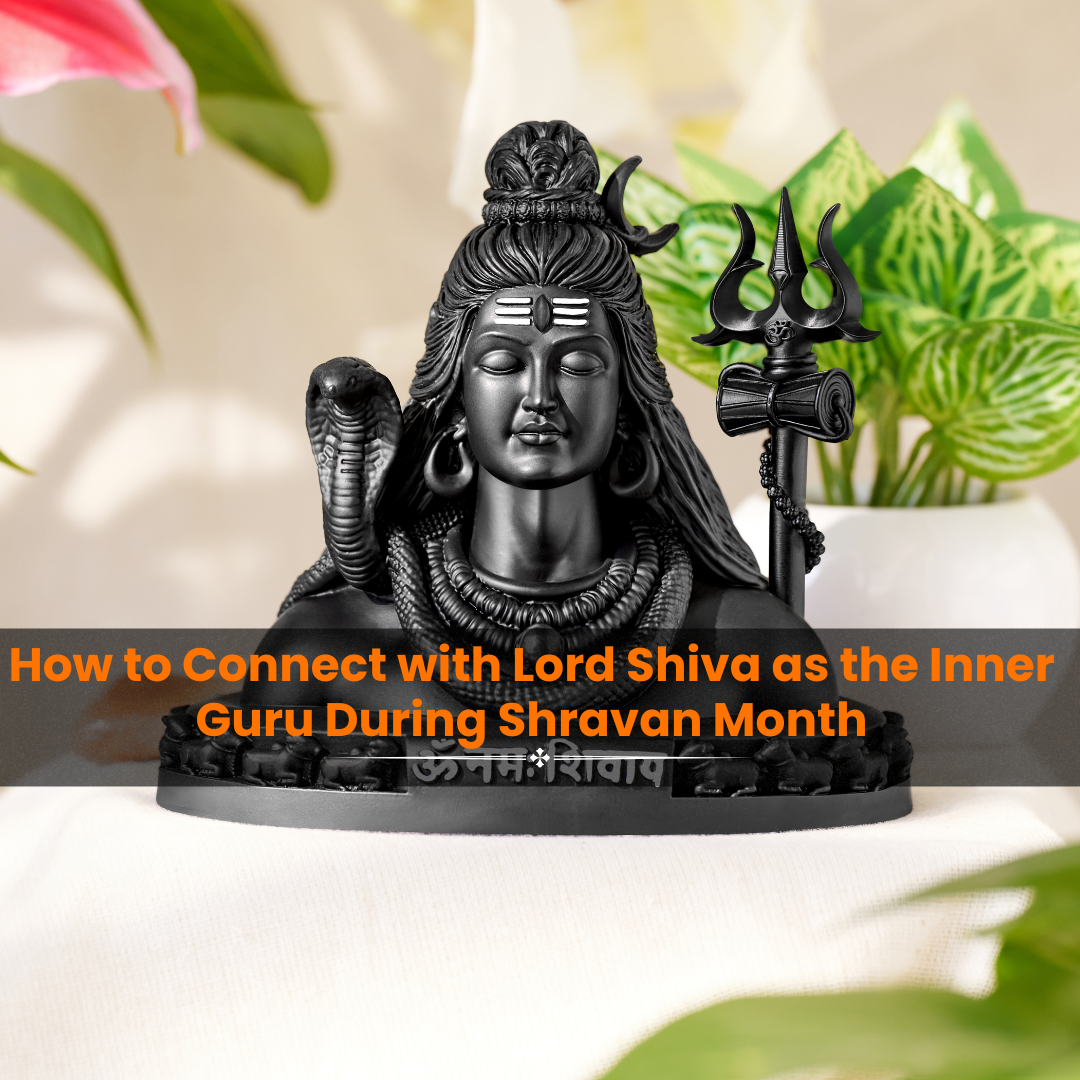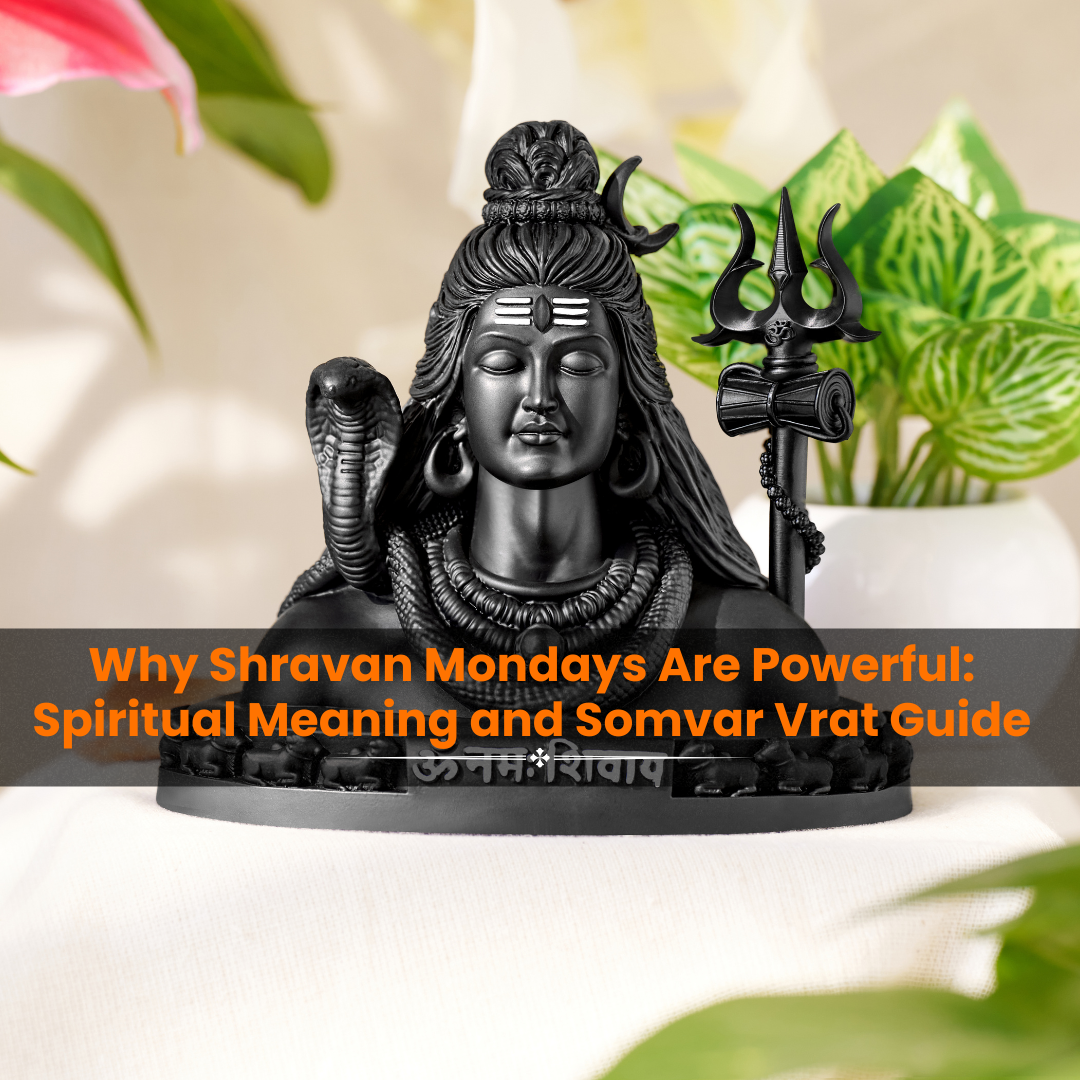
What is Moksha? Understanding Liberation in Hindu Philosophy
In Hindu philosophy, Moksha is the ultimate spiritual goal. It signifies the liberation of the soul from the cycle of birth, death, and rebirth (samsara), leading to a state of eternal peace and union with the divine. Achieving Moksha is the culmination of spiritual practice, and the path to this liberation is often guided by devotion to deities like Lord Hanuman, Lord Ram, and Lord Shiva. Through worshiping these divine figures, devotees seek spiritual growth, purity, and union with the supreme reality.
Moksha and Lord Hanuman: The Path of Devotion and Strength
Lord Hanuman, the epitome of strength, devotion, and courage, plays a crucial role in Hindu spiritual practices. His unwavering service to Lord Ram and his role as a protector and remover of obstacles make him a powerful symbol for those seeking Moksha.
The Role of Lord Hanuman in Moksha:
-
Devotion and Selflessness: The path of Bhakti (devotion) is one of the primary ways to reach Moksha, and Lord Hanuman serves as the perfect example. His selfless devotion to Lord Ram is a model of how unconditional love for the divine leads to liberation. Worshipping Lord Hanuman through Hanuman idols can inspire you to dedicate yourself to selfless service and pure devotion, qualities essential for Moksha.
-
Strength and Resilience: Lord Hanuman represents unshakable strength and fearlessness in the face of adversity. His courage encourages us to face challenges in life with unwavering determination. The presence of a colored Hanuman idol or a black Hanuman idol in your home mandir serves as a constant reminder to stay strong and remain focused on the path to Moksha, regardless of life’s difficulties.
-
Removal of Obstacles: Lord Hanuman is known for removing obstacles (Vighna), which is vital for spiritual progress. His divine presence helps clear the spiritual path, enabling a devotee to meditate, reflect, and focus on achieving Moksha.
Moksha and Lord Ram: The Ideal of Righteousness and Duty
Lord Ram is a symbol of righteousness, duty, and dharma. His life, as portrayed in the epic Ramayana, is a model of how to live according to divine will and moral principles. By following Lord Ram’s example, devotees can find the path to Moksha through devotion, adherence to dharma, and selfless actions.
The Role of Lord Ram in Moksha:
-
Adherence to Dharma: Lord Ram exemplified the concept of dharma (righteousness) throughout his life, facing trials and tribulations while remaining true to his moral principles. Worshipping Lord Ram in your home mandir, especially through Lord Ram idols, helps devotees align themselves with the divine law, purifying their actions and thoughts to move closer to Moksha.
-
Selfless Service: Like Lord Hanuman, Lord Ram is a beacon of selfless action. His commitment to duty, even in the face of personal sacrifice, is a model for all who seek liberation. Devotees who emulate Lord Ram’s devotion to duty and his service to others find themselves on the path of Karma Yoga (selfless action), which is crucial for attaining Moksha.
-
Purification of Karma: Worshiping Lord Ram helps purify karma, making the soul lighter and more aligned with divine will. The daily practice of prayer and reflection on Lord Ram’s virtues can aid in the reduction of negative karma, one of the key factors in attaining Moksha.
Moksha and Lord Shiva: The Supreme Master of Knowledge
Lord Shiva, the destroyer of illusions and the lord of meditation, is deeply associated with the path of Jnana Yoga (knowledge). His presence brings spiritual clarity, guiding seekers to transcend the material world and reach the ultimate state of liberation.
The Role of Lord Shiva in Moksha:
-
Knowledge and Meditation: Lord Shiva is the embodiment of wisdom and inner peace. His path is the path of self-realization and meditation. Worshipping Lord Shiva in the form of Shiva idols encourages devotees to go inward, transcend the ego, and realize the ultimate truth. This wisdom is central to attaining Moksha, as it leads to the understanding that the soul is one with the divine.
-
Destruction of Ignorance: Lord Shiva is known as the remover of ignorance and the destroyer of the ego. He guides devotees to surrender their worldly attachments and realize their true nature. Worshiping Lord Shiva is a transformative process, helping devotees break free from the illusions of the material world, which is essential for attaining Moksha.
-
Peace and Transcendence: The meditative state of Lord Shiva encourages stillness and contemplation. When Lord Shiva idols are placed in your home mandir, they serve as an invitation to reflect, meditate, and align your thoughts with the ultimate reality. The more you meditate and reflect on Lord Shiva’s divine presence, the closer you come to achieving Moksha.
The Role of Idols in Your Spiritual Journey Toward Moksha
In Hinduism, idols are considered sacred representations of the divine and play a crucial role in worship. Whether it's a Hanuman idol, a Lord Ram idol, or a Lord Shiva idol, each of these idols serves as a powerful focal point for prayer, meditation, and devotion. Placing these idols in your home mandir allows you to channel divine energy into your life, guiding you closer to Moksha.
-
Hanuman Idols: A colored Hanuman idol or a black Hanuman idol can help you cultivate strength, devotion, and resilience in your daily life, bringing you closer to liberation through selfless devotion and protection from obstacles.
-
Lord Ram Idols: A Lord Ram idol serves as a constant reminder of the importance of following dharma and living a righteous life, purifying your karma and aligning your actions with divine will.
-
Lord Shiva Idols : A Lord Shiva idol represents wisdom, meditation, and the path to self-realization. It serves as a guide for transcending worldly illusions and realizing the oneness of the soul with the divine.
Final Thoughts: Moksha and Your Spiritual Practice
Achieving Moksha is the ultimate goal of Hindu spiritual practice, and it is closely intertwined with devotion to deities like Lord Hanuman, Lord Ram, and Lord Shiva. These deities guide devotees along the path of selflessness, knowledge, and righteousness, helping them transcend the cycle of birth and death.
Having Hanuman idols, Lord Ram idols, and Lord Shiva idols in your home mandir can significantly enhance your spiritual journey, providing the divine energy and inspiration needed to reach the state of Moksha. Through devotion, meditation, and righteous action, you can align your life with the principles of dharma, knowledge, and selfless service, ultimately achieving liberation and eternal peace.

























